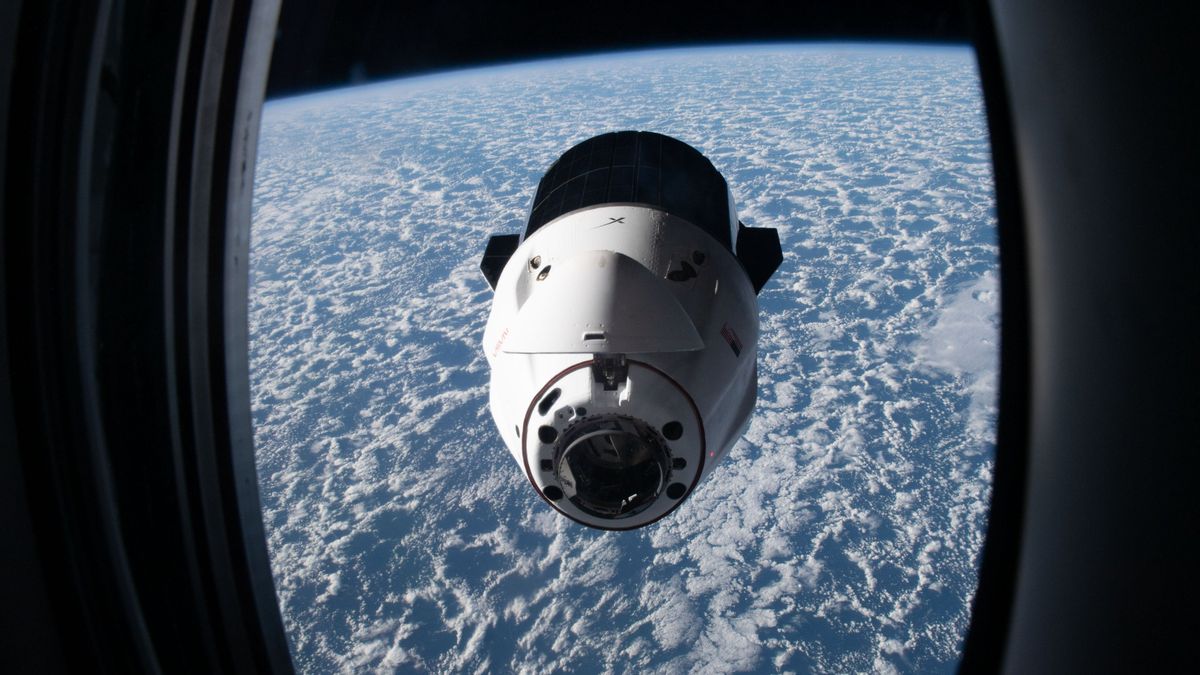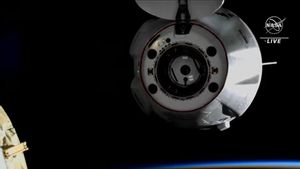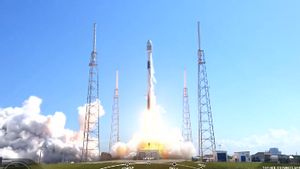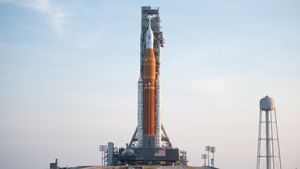JAKARTA - The US appeals court on Friday, August 16, upheld the Federal Communications Commission (FCC)'s decision to approve SpaceX's plans to deliver several Starlink satellites in lower Earth orbit than planned as part of its efforts to offer space-based broadband internet.
Elon Musk's SpaceX won approval from the FCC in 2021 to fly 2,824 satellites in lower orbit to provide high-speed broadband internet services for people who currently do not have internet access. Their competitors, Viasat Inc and DISH Network Corp, oppose the FCC's approval.
Viasat said last Friday that it believed "the decision was a setback for the safety of space and environmental protection."
They added that if courts had forced the FCC to address "district problems surrounding the spread of star mega-rates in (low-Earth orbit), we believe the dangerous effects that may last for decades or even centuries to come could be avoided."
In the court's demands, Viasat noted SpaceX's planned deployment was enormous, noting "in comparison, some 10,000 satellites, in total, have been launched in all human history."
The court's ruling found "Viasat operates only one satellite that flies close to the constellation SpaceX" and added "This injury theory is too speculative."
SEE ALSO:
Dish noted the decision did not change the FCC rules that prohibit SpaceX and other operators from disrupting television services provided by satellite operators. "We will remain vigilant in ensuring that SpaceX operations do not harm millions of our satellite customers," DISH said, as quoted by Reuters. SpaceX itself did not immediately comment on the decision.
On Thursday, August 25, US wireless carrier T-Mobile US Inc also said it would use SpaceX's Starlink satellite to provide mobile users with network access in parts of the United States. They outlined plans to connect users' phones directly to satellites in orbit.
The new plan will be in addition to the existing T-Mobile mobile service.
SpaceX alone has launched nearly 3,000 low-Earth-orbit Starlink satellites since 2019, and has easily surpassed its rivals OneWeb and Amazon.com Inc's Project Kuiper.
Last month, the FCC rejected SpaceX's Starlink app for internet service subsidies worth $885.5 million after tentatively providing the funds in 2020.
The English, Chinese, Japanese, Arabic, and French versions are automatically generated by the AI. So there may still be inaccuracies in translating, please always see Indonesian as our main language. (system supported by DigitalSiber.id)

















